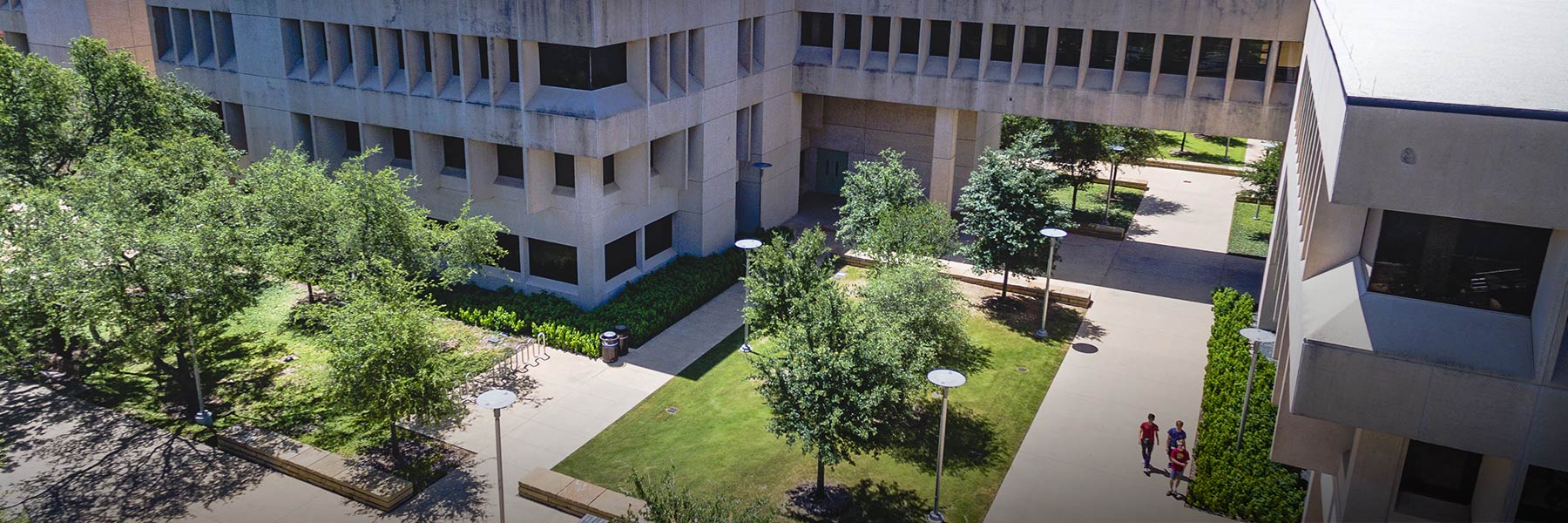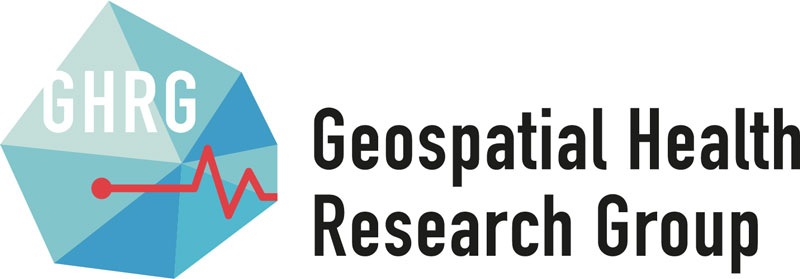
Research Centers and Groups
DFW Federal Statistical Research Data Center
The DFW Federal Statistical Research Data Center (RDC) provides access to qualified researchers to a wide array of restricted-use, confidential microdata, which are maintained by several federal agencies under the leadership of the U.S. Census Bureau. The University of Texas at Dallas is a partner in a consortium of North Texas and Oklahoma institutions. As a member of the consortium, the Federal Reserve Bank of Dallas provides secure access to these databases. Most data analyses must be conducted in their secure research lab; however, under specific conditions a few databases allow remote access. Besides regular academic criteria, research projects must be of relevance to the data owning agency and all researchers must obtain and maintain Special Sworn Status.
Among others the following databases are available: Current Population Survey, American Community Survey (ACS) and Decennial Census, American Housing Survey (AHS), National Crime Victimization Survey, Survey of Income and Program Participation (SIPP), Longitudinal Employer-Household Dynamics (LEHD). Furthermore, data from the Bureau of Labor Statistics, the National Center for Health Statistics, the Agency for Healthcare Research and Quality as well as a few local health and State of Texas data. For more information, please visit https://dfwrdc.org and
Michael Tiefelsdorf, Chair of the DFW RDC Consortium.
Sam Bondurant, DFW RDC Census Administrator. Please contact Dr. Bondurant for questions on data or research proposals.
Geospatial Health Research Group

The Geospatial Health Research Group (GHRG) is a research and training working group committed to address various global health concerns and improve public policies and practices using geospatial analysis techniques. GHRG trusts the power of collaborative efforts to resolve complex and multifaceted problems in global health and environment and welcomes collaboration and partnership opportunities with academic and professional communities around the world.
Dohyeong Kim, Director
dohyeong.kim@utdallas.edu
972-883-3512
Institute for Urban Policy Research
The mission of the Institute for Urban Policy Research is to improve decision making in the critical areas that influence economic growth and the distribution of income and wealth in regional and sub-regional economies. The center aims to integrate the tools and theories of economics and decision science with those from psychology, sociology, public health and other social sciences in order to better understand the dynamic and spatial structure of the Metroplex. The institute helps Dallas-area businesses, governments and nonprofits identify opportunities for investments, volunteer activities, philanthropic giving and public policies that positively affect the economic condition of neighborhoods and the region. It provides an institution where bankers, investors, real estate brokers, policy makers, students and community leaders can go to seek answers to questions that directly impact local economic development.
Timothy Bray, Director
Texas Schools Project
Texas Schools Project is one of the premier university-based education research institutions in the country. Leading scholars in Texas and throughout the country use the center’s resources to focus on relevant, policy-related questions that affect students in Texas and the nation. Much of the work within the Texas Schools Project relates to teacher quality, English language learners, college preparatory curriculum, and improving transitions to and success in postsecondary education.
UT Dallas Education Research Center
The University of Texas at Dallas Education Research Center supports independent, high-quality research by providing data access and related services to those conducting studies designed to benefit education in Texas. Established in 2006 as a result of state legislation, the UT Dallas Education Research Center maintains unparalleled individual-level administrative pre-kindergarten to college-level data and workforce data. This allows researchers to study the progress of Texas students throughout their education and into the workforce.